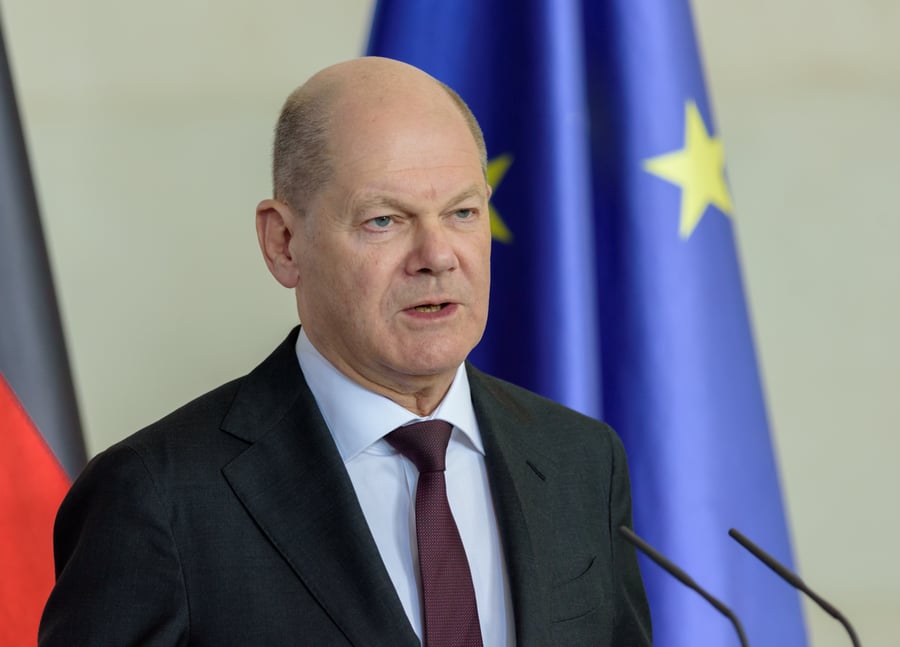
In a dramatic move that shakes German politics, Chancellor Olaf Scholz dismissed Finance Minister Christian Lindner, leader of the liberal FDP party, this evening (Wednesday).
The decision came after prolonged disputes regarding economic policy and addressing Germany's budgetary issues, particularly concerning the economic slowdown and budget restrictions planned for 2025.
Lindner's dismissal is shaking the three-party coalition – the Social Democrats, the Greens, and the FDP – and has led to calls for early elections.
From Schultz's perspective, this step could pose a significant risk to his rule. The complex and tense coalition depends on the stability of the relationships between the three different parties, and now the loss of support from the FDP could threaten the continuation of his rule.
Following the dismissal of Finance Minister Christian Lindner in Germany, there is a risk of a coalition crisis that could lead to early elections and a re-election of the chancellor, as the right-wing in the country is gaining strength.
Since the system of governance in Germany is based on coalitions, the loss of a key partner like the FDP party could cause Scholz to struggle to maintain a majority in parliament or seek alternative partners, a process that could be difficult and tense.
If Scholz fails to form a stable coalition, general elections may take place, allowing the German public to re-decide their political leadership.
In an official statement, Schulz said this evening: "I fired Finance Minister Lindner, it was necessary to prevent damage to our country. We need greater financial leeway to manoeuvre given the challenges we are facing. After the elections in the U.S., we need to demonstrate that we can be trusted; however, Treasury Secretary Lindner has shown no willingness to represent any of our proposals. Germany will be required to take responsibility and help hold Europe together. Our companies need immediate assistance, anyone who refuses to provide it is acting irresponsibly. There is no basis of trust for future cooperation with Linder. Linder did not act for the preservation of the common good, but rather for the service of his customers and his party," Schulz said this evening.
















0 Comments